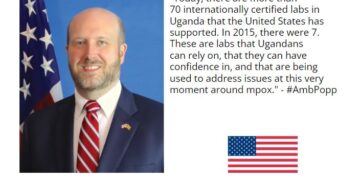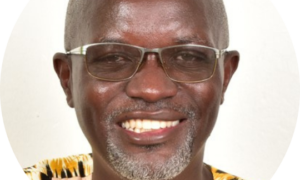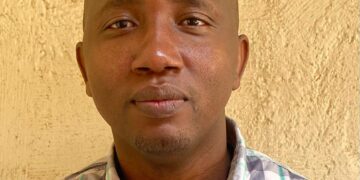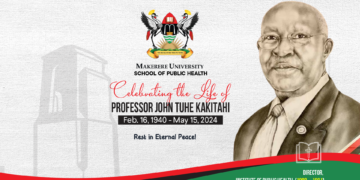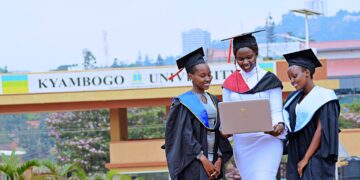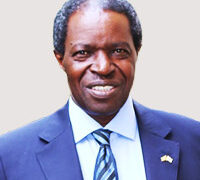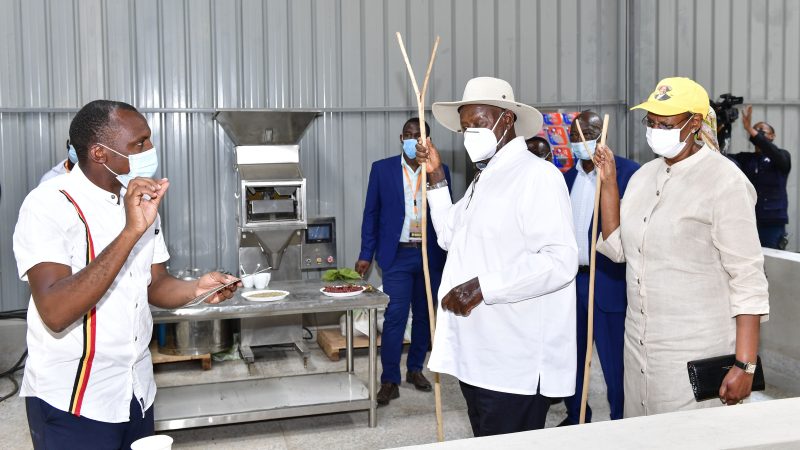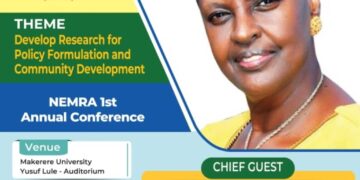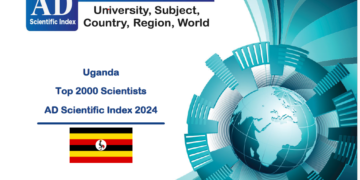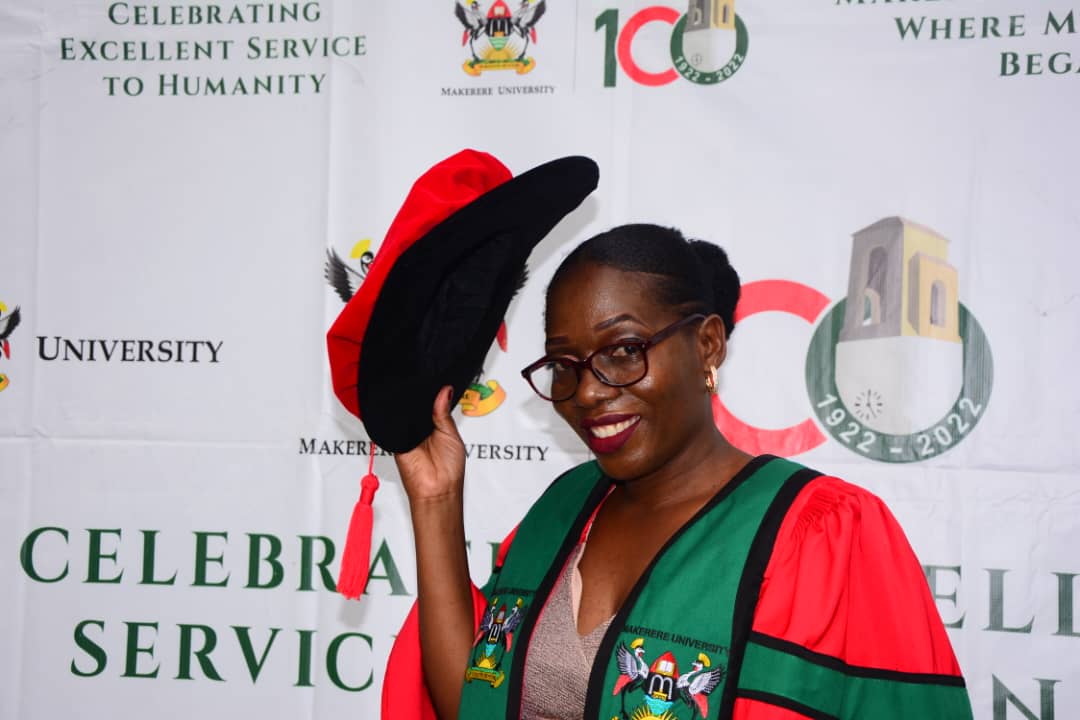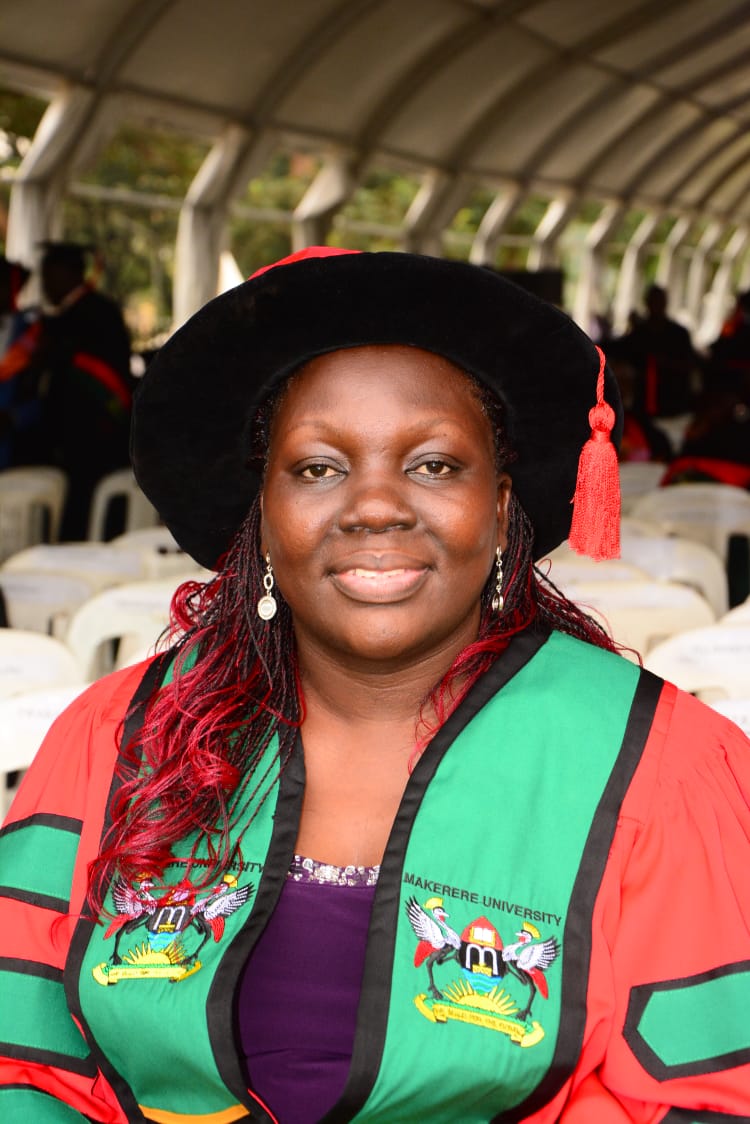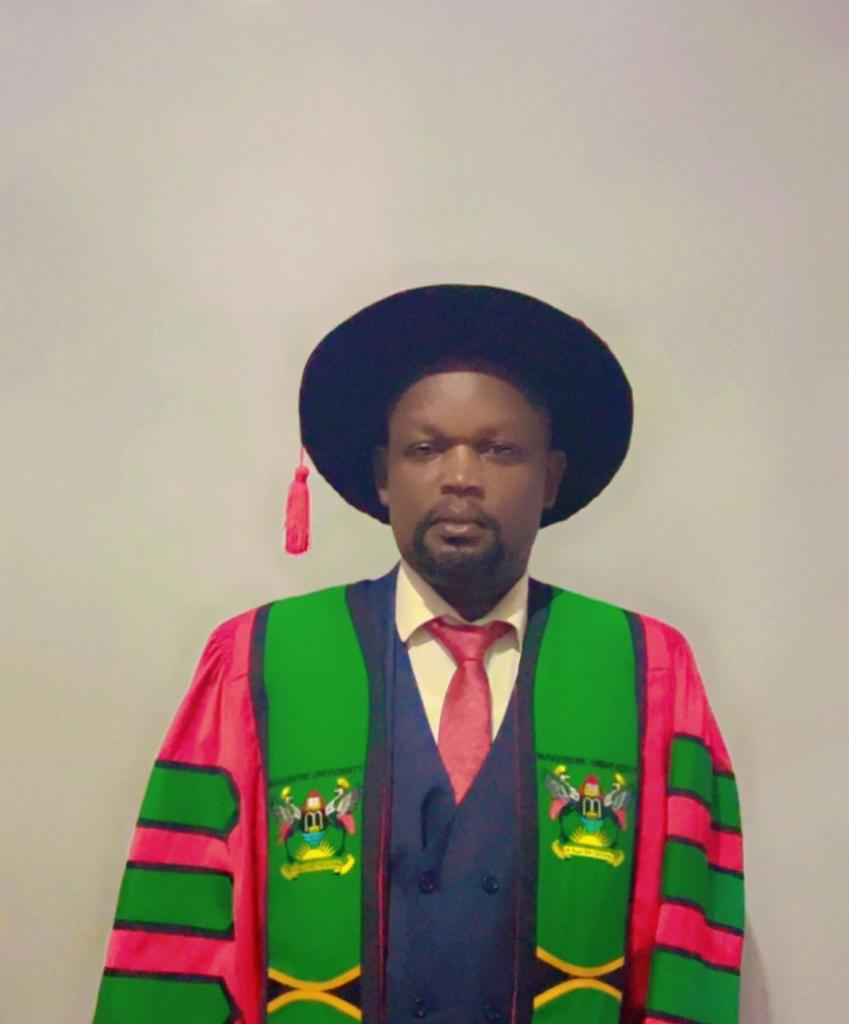Makerere, Uganda – In a country that has been devastated by the deadly HIV/AIDs pandemic, studies that trigger nutritional value for patients come in handy.
In her doctoral study on “Nutrition Education and Savings Effects on Food Nutrition Security among Women Living with HIV/AIDS in Uganda,” Dr. Nakakawa holds the promise of transforming the nutritional landscape for women living with HIV/AIDS in Uganda.
Her research deployed a mix of advanced econometric models to unravel the complexities of food nutrition situations within this vulnerable demographic.
The findings of the study unveiled significant disparities in food nutrition security among communities, particularly emphasizing the heightened challenges faced by economically vulnerable groups, particularly women living with HIV.
It found that the regions grappling with economic hardships demonstrated higher instances of undernourished women and physical food insecurity compared to their more affluent counterparts.
One of the pivotal revelations from Dr. Nakakawa’s research is the role of savings in influencing food and nutrition situations.
The study indicates that savings alone can contribute to improved food and nutrition outcomes when channeled into off-farm income-generating activities.
This insight underscores the potential of economic empowerment as a catalyst for positive nutritional changes among women living with HIV/AIDS.
However, the research also highlights the nuanced impact of nutrition education.
While nutrition education emerged as a positive influence on a household’s food nutrition situation, its direct impact on individual women was contingent on improved food access.
This nuance calls for tailored policies and interventions that go beyond uniform approaches and address the multifaceted challenges faced by women living with HIV/AIDS.
The study’s findings advocate for a holistic strategy that combines nutrition education interventions with off-farm income-generating options.
“By integrating these two aspects, policies and interventions can create a more sustainable and impactful framework for improving the nutritional well-being of women in these communities,” Dr. Nakakawa says.
Her study is not only a significant academic achievement but also a crucial step towards shaping policies and interventions that can make a tangible difference in the lives of women living with HIV/AIDS.
The study was funded by IrishAid under the Nourish Project, reflecting the collaborative efforts invested in addressing the nutritional challenges faced by vulnerable populations.
In conferring the Doctor of Philosophy degree upon Dr. Nakakawa Frances, Makerere University recognizes the transformative potential of her research.
Her work not only contributes to academic scholarship but also paves the way for actionable strategies that can uplift and empower women facing the dual challenges of HIV/AIDS and nutritional insecurity.
As Uganda and the global community strive for inclusive and effective healthcare solutions, Dr. Nakakwa’s research stands as a beacon, guiding the way toward a future where every woman, regardless of her health status, can enjoy improved nutritional well-being and lead a healthier, more fulfilling life.








